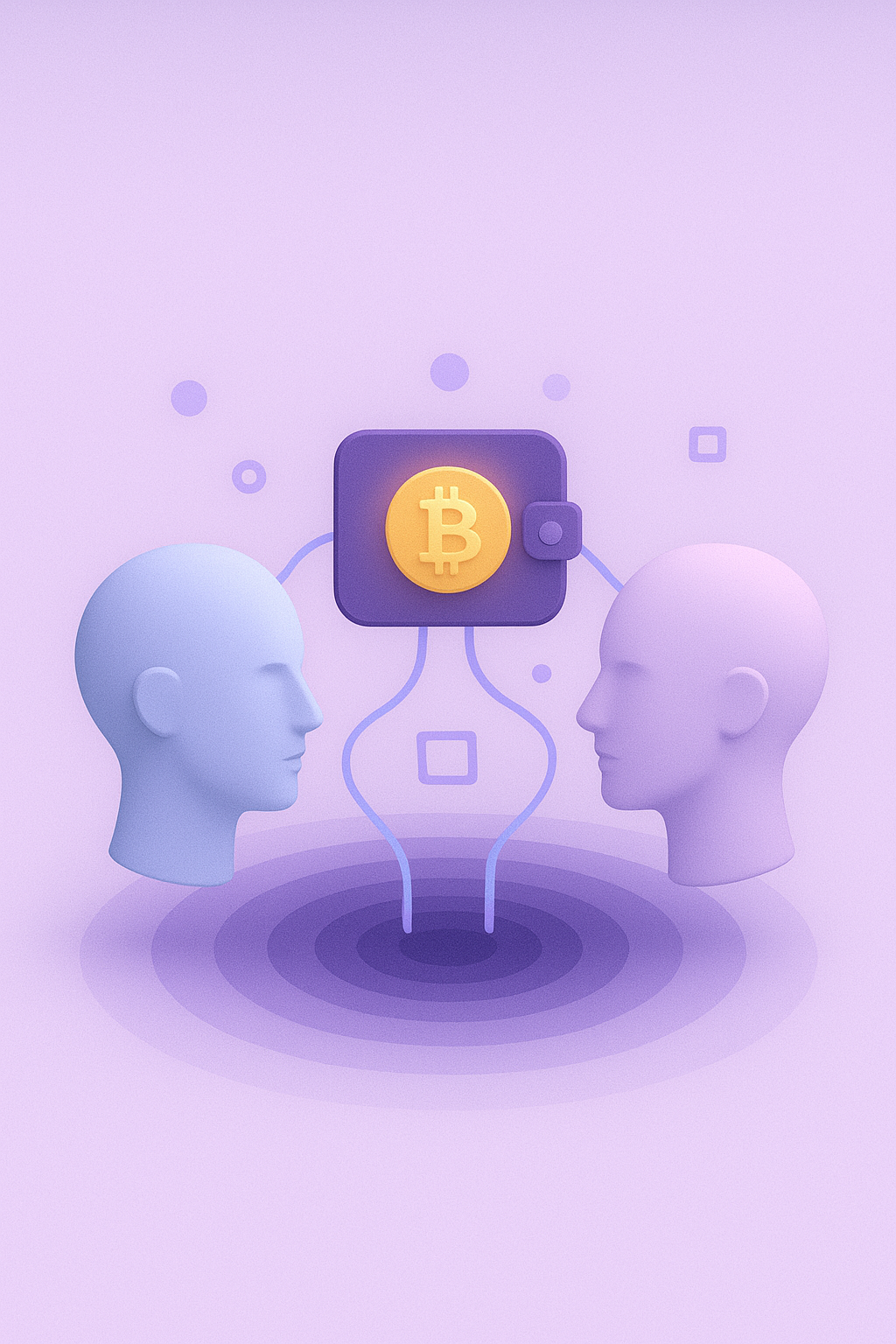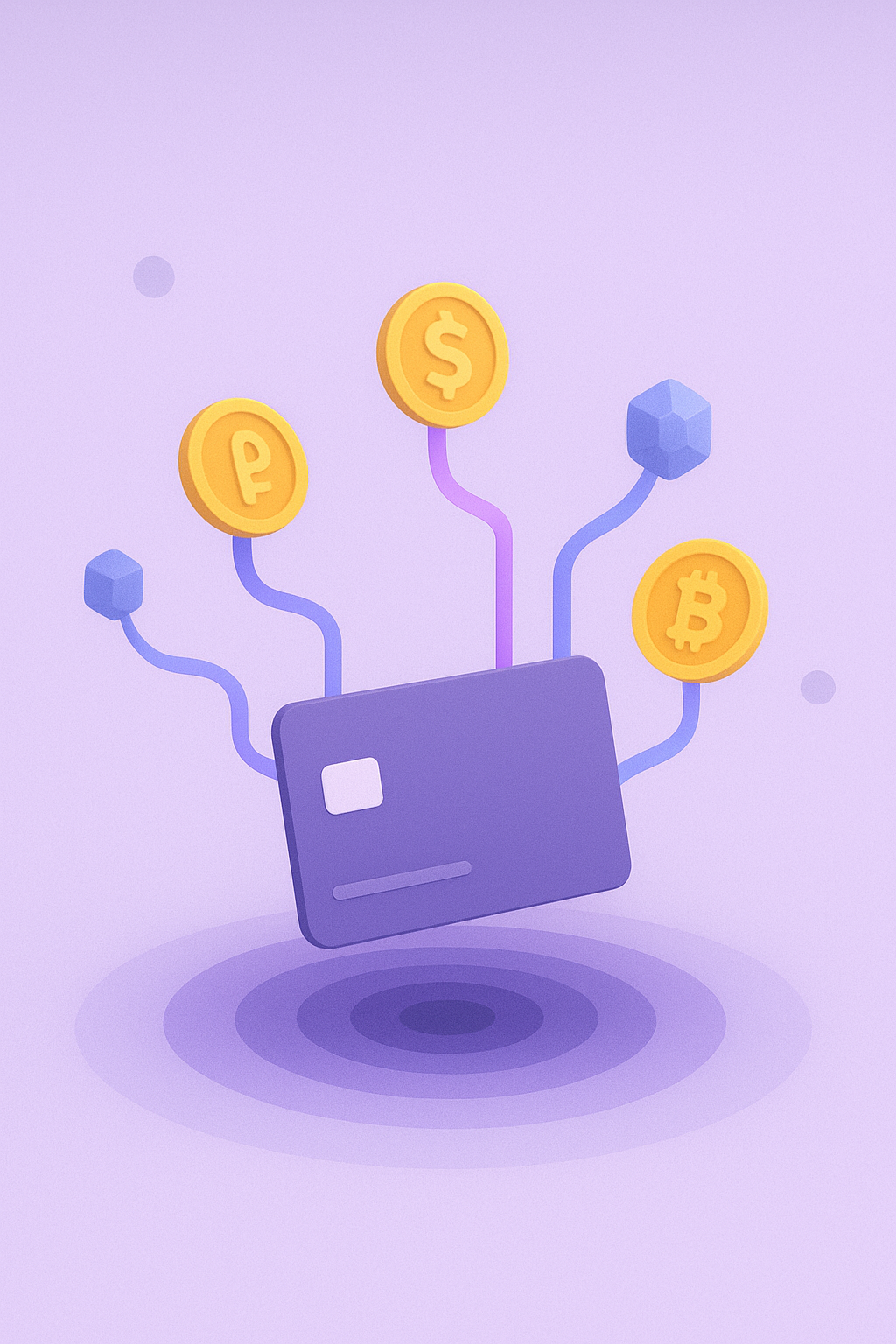Nigeria is at the center of an international controversy after the Economic and Financial Crimes Commission (EFCC) refused to release Ilia Gambaryan, a cybercrime expert accused of cryptocurrency fraud. The case has attracted worldwide attention and raises questions about the fight against digital fraud in Africa. Let's decipher what's at stake in this case and its potential repercussions.
Who is Ilia Gambaryan?
A controversial expert
Ilia Gambaryan is a well-known name in cybercrime:
- Professional background: Gambaryan is recognized for his expertise in cybersecurity and has worked with several international organizations.
- Fraud charges: He is accused of involvement in fraudulent activities involving cryptocurrencies, including money laundering and theft of funds.
- Tarnished reputation: These accusations have considerably damaged his reputation in the cybersecurity community.
Legal implications
Gambaryan's arrest has significant legal implications:
- Charges laid: He is facing several fraud charges, which could result in heavy prison sentences if he is found guilty.
- Legal proceedings: The legal proceedings in Nigeria are being closely scrutinized by the international community, due to the sensitive nature of the charges.
The position of the Economic and Financial Crimes Commission (EFCC)
Reason for refusal to release
The EFCC justified its refusal to release Gambaryan for several reasons:
- Flight risk: Authorities fear that Gambaryan may flee if he is released on bail, jeopardizing the ongoing investigation.
- Seriousness of the charges: The serious nature of the fraud and money laundering charges justifies, according to the EFCC, prolonged detention.
- International collaboration: The EFCC works in collaboration with other international agencies to ensure a thorough and complete investigation.
Réactions et controverses
The refusal to release has provoked a variety of reactions:
- Local support: Some voices in Nigeria support the EFCC's position, believing that the fight against cybercrime must be rigorous.
- International criticism: International criticism has emerged, calling for Gambaryan's rights to be respected and for a fair judicial process.
- Media: The case is widely covered in the media, increasing pressure on the Nigerian authorities for a swift and transparent resolution.
Implications for the fight against cryptocurrency fraud
Strengthening regulations
This case could lead to tighter regulations on cryptocurrencies:
- Stricter regulations: Governments could adopt stricter regulations to prevent fraud and money laundering.
- International cooperation: Increased cooperation between nations could be envisaged to combat cybercrime effectively.
Impact on the cryptocurrency market
The Gambaryan case could also influence the cryptocurrency market:
- Investor confidence: Investors may become more cautious, fearing legal repercussions and increased scrutiny.
- Market volatility: such cases can accentuate the volatility of the cryptocurrency market, affecting prices and transactions.
- Technology adoption: increased regulation and oversight could slow the adoption of cryptocurrency technologies, despite their potential benefits.
Conclusion
The denial of Ilia Gambaryan's release by Nigeria's EFCC marks a significant turning point in the fight against cryptocurrency fraud. This complex case highlights the challenges and opportunities associated with cryptocurrency regulation and the fight against cybercrime. The implications for Nigeria and the international community will be decisive for the future of the cryptocurrency market and digital security.










